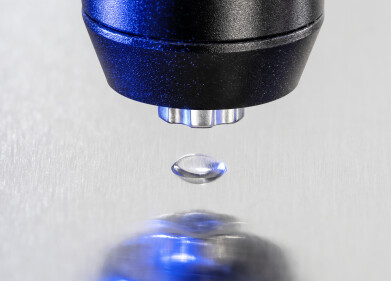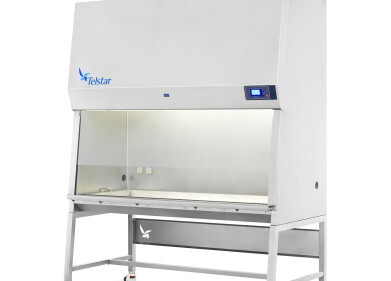Laboratory Products
Engineered Human Cell Lines for Biomedical Discovery made Available
Aug 30 2013
Haplogen and CeMM, the Center for Molecular Medicine of the Austrian Academy of Sciences, have announced that they are making available their large collection of human cell lines that are deficient for single genes, which they have been building over the past three years as part of a public-private partnership. The partnership, through Haplogen, will distribute requested cell lines to the research community. The collection and the technological advances that enabled its development were published in Nature Methods on 25 August. It currently includes cell line clones covering 3,000 different human genes, which represents about one third of all the genes that are active in these cells. The collection will continue to expand until all the genes have been targeted.
Professor Giulio Superti-Furga, Director of the CeMM who initiated this project commented: “This collection will fuel research in molecular medicine where the vast majority of human genes remain poorly understood and await functional characterisation. Obtaining human cells where an individual gene is inactivated has so far been difficult and very tedious. With this largest human cell line collection available to date we expect to drive countless scientific discoveries in the research community.”
“The creation of those precise mutants has become possible by the use of a haploid cell line. Destroying a single gene in haploid cells will immediately cause a detectable change – in contrast to our natural cells that always bear two copies of each gene” explained Thijn Brummelkamp, the inventor of the haploid genetics technology in human cells that was used to create this collection, and founder of Haplogen.
Georg Casari, CEO of Haplogen: “In this publication we show that these cell lines really behave as if only the gene of choice is no longer present. We have taken great care to document that the gene products are gone and that those clones have new properties as compared to the parental, unmodified cell line. We are excited to provide and distribute this resource to researchers worldwide and contribute to the advancement of medical research. Our goal is to eventually obtain mutant cell lines for every human gene.”
Digital Edition
International Labmate 49.6 - Sept 2024
September 2024
Chromatography Articles - HPLC gradient validation using non-invasive flowmeters Mass Spectrometry & Spectroscopy Articles - From R&D to QC, making NMR accessible for everyone: Putting NMR...
View all digital editions
Events
Oct 06 2024 Liverpool, UK
Oct 08 2024 Gothenburg, Sweden
Oct 09 2024 Birmingham, UK
Oct 09 2024 NEC, Birmingham, UK
Oct 15 2024 Milan, Italy



.jpg)














